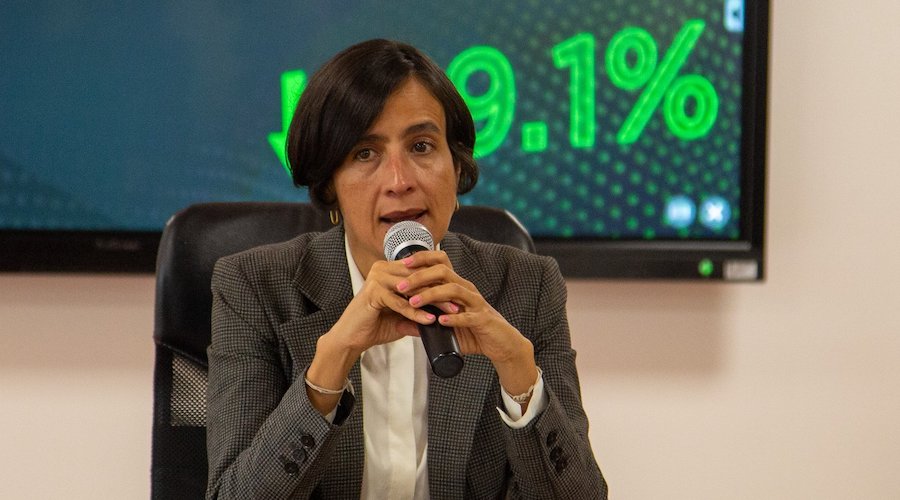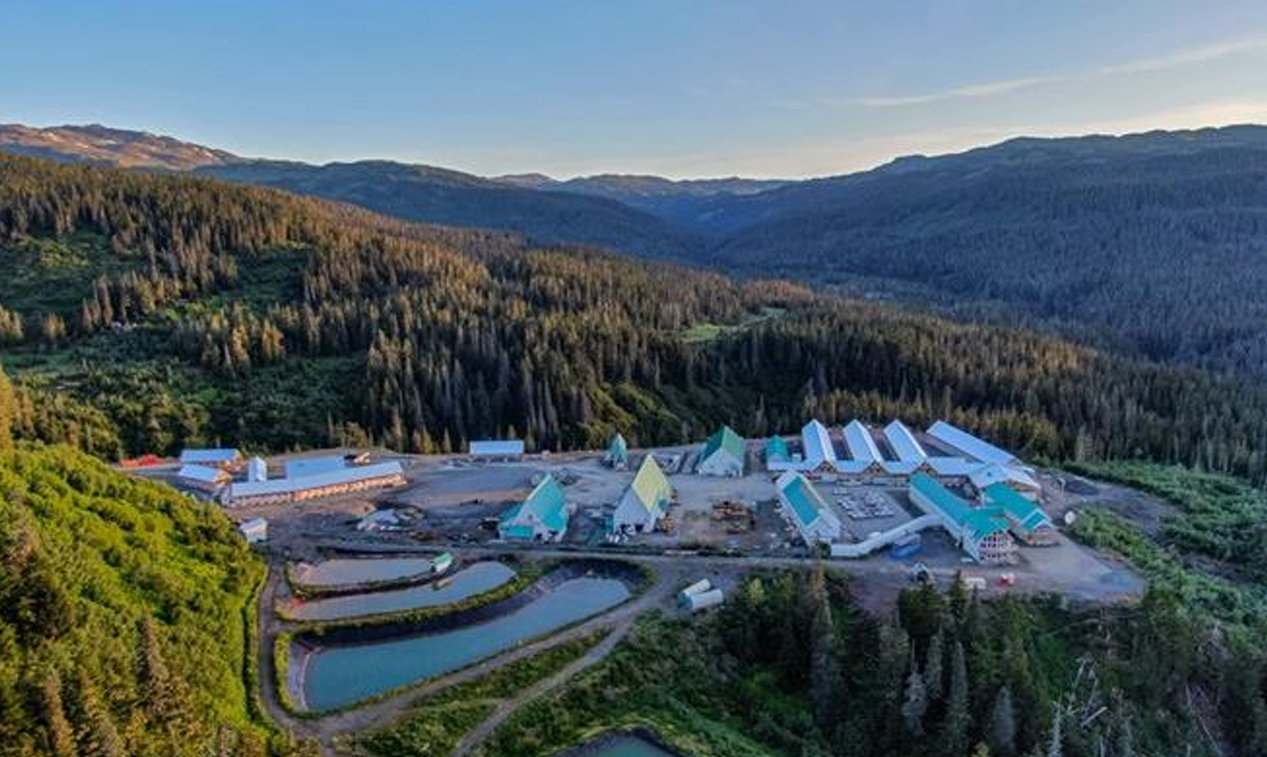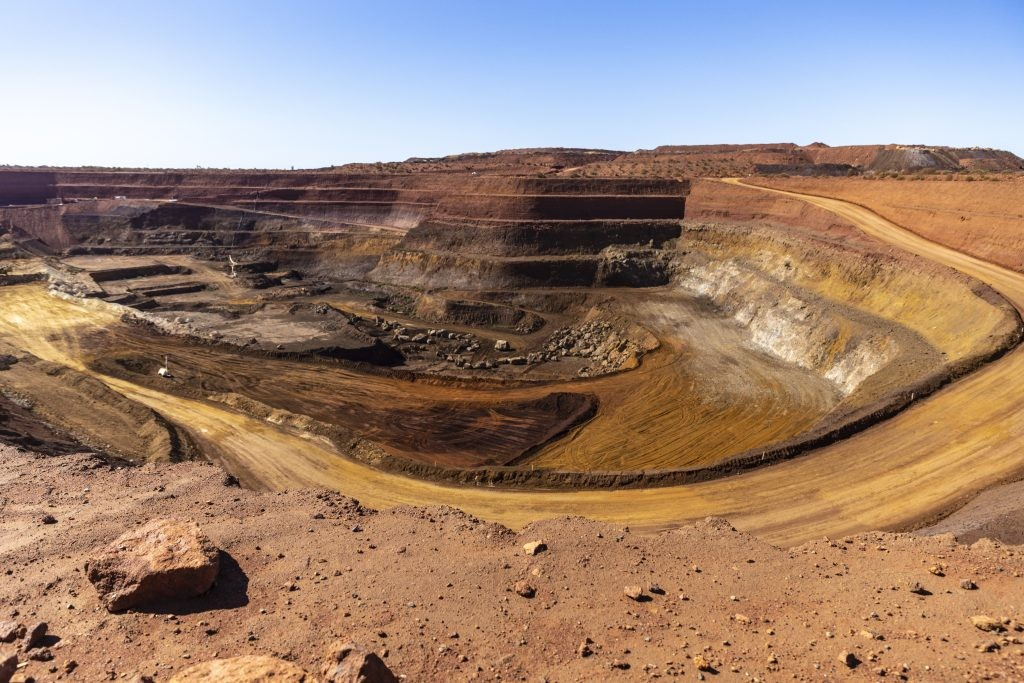In a video statement released on social media, Colombia’s Environment Minister Susana Muhamad said that, specifically, the decree was issued in compliance with an August 22, 2023, Council of State ruling that demanded that the Ministry of Mines and Energy, together with the environment portfolio, straightened “the massive mining disorder generated by previous governments.”
According to Muhamad, hundreds of mining titles have been granted in Colombia with no regard for environmental and ecosystem considerations. Thus, the Council of State’s ruling ordered the relevant ministries to take concerted actions to set temporary protected areas while long-term natural reserves are properly planned and established.
This idea of enacting temporary protected areas is not new, as it is contained in the 1974 Natural Resources Code and has been implemented on previous occasions.
“The goal is to prevent the mining authority from continuing issuing mining titles in vulnerable ecosystems,” the minister said. “However, in no way does the new decree violates existing rights. For example, a mining company that already has a mining licence, a work plan, a concession, and is operating in a responsible manner and observing all legal requirements, will be allowed to continue doing so.”
Muhamad noted that the new regulations will be strictly enforced, having as a guiding principle the fact that natural reserves and ecological services are crucial for the country’s development.
“Within the context of climate change, the economy has no future without water and environmental capacity,” she said. “Part of our responsibility as the government is to organize our territory to guarantee responsible growth.”
Back in May and using a similar tone, Colombia’s Minister of Mines and Energy, Irene Vélez, said that a new mining policy being discussed in government will consider reorganizing the country’s development areas around the conservation of water resources.




